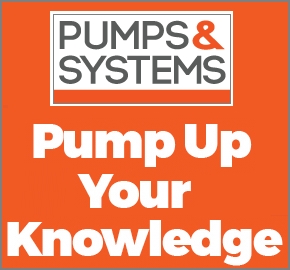RL Blogs

By Patrick the Process Engineer
Aug 06, 2018Process Engineering advice for new refinery process engineers. |
| 1. Know the real hazards in your plant
Is there a high concentration of H2S? Look for mechanical and structural hazards. Don't be the rookie engineer that gets hurt doing something silly. This isn't a game anymore; real injuries happen if you are careless.
2. Know and respect the operators
They have real and valuable experience in your unit. Generally, you are not the operators’ boss. Engineers and operations are a team you need to give as much as you take. Talk to the operators: know what they feel is their most important duty and what their biggest hassle.
Utilize all this information to educate yourself, but also look for ways to make their jobs easier. Are they utilizing the most efficient tools (mechanical or computer), do they have a lot of menial data entry? Be a solution not a problem.
Caution!! In a union plant you need to be sensitive to union concerns. Approach the head operator and tell them what you are trying to do.
3. Get in the plant!
Hear it, feel it, smell it. Be visible in the control room and in the unit, but don't just hang out, have a mission. Know what the outside operators do everyday: review their daily rounds, know what measurements they are taking, and where that data is going.
4. Know the process
Chemistry, important feed properties, critical operating parameters, and product specifications. After all, that's why you went to school. Once you’ve identified those key properties, parameters, and specifications understand why they are important.
5. Know the utility systems for the unit
How does the unit get heat, cooling, and water? Know the normal input conditions and their sources.
6. Know the process control for the unit.
If it has advance DMC, understand the control and manipulated variables and how to analyze and visualize the data.
7. Know the economics
Understand what drives the purpose of the unit and the economics for the unit's separations. Is the propane and propylene separation important? What about hydrogen in fuel gas? Or nitrogen into FCC feed?
8. Understand the emergency procedures
What are the most important safety steps if you lose hydrogen, steam, cooling, or electricity?
9. Know your support
Which operator, engineer, or process expert to ask for help? Have them on speed dial!
10. Be fluent in the mechanical aspects of the plant
It is important to understand the key mechanical aspects of the unit: piping, valves, pumps, compressors, etc. |









